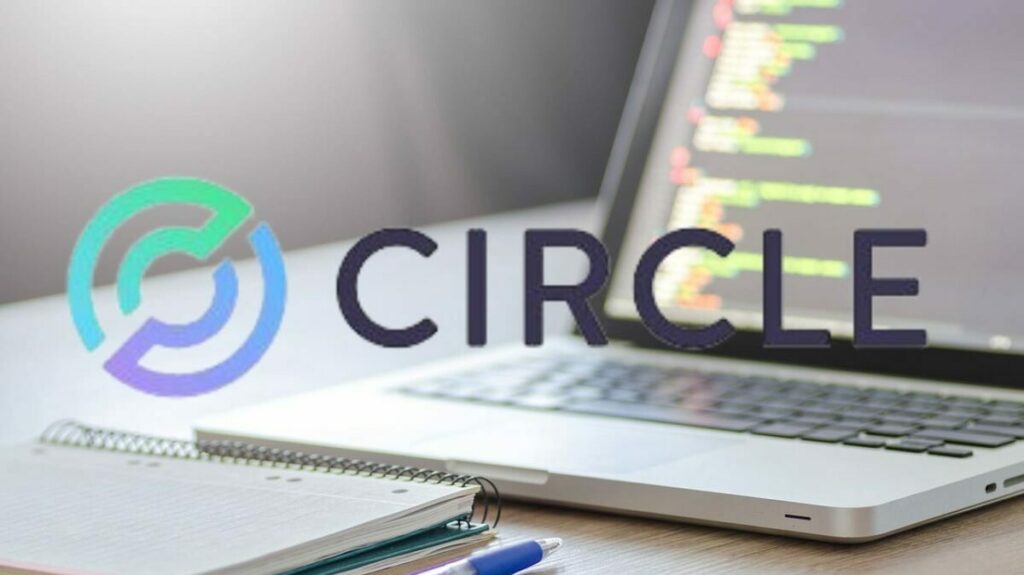Circle, the company behind the USDC stablecoin, has launched a programmable Web3 wallet platform in order to streamline the development of crypto-enabled applications, allowing developers of decentralized finance (DeFi) apps, Web3 video games, e-commerce services and other blockchain applications to create customized wallets specifically for their users.
On August 8, Circle announced it has released a beta version of a multiparty computation (MPC) wallet service in an effort to boost its Web3 Services lineup. The new product is designed for developers, enabling them to embed secure crypto wallets in any application and leverage the speed and global reach of Web3 technology.
1/ We officially launched our first #Web3 services product to the market! 🔥 Programmable Wallets beta is available on @avax @ethereum @0xPolygon. Developers can now bring Web3 to their users with ease. pic.twitter.com/rtCsA5KrSB
— Circle (@circle) August 8, 2023
Circle Launches MPC Wallet to Enhance Web3 Adoption
It is currently available on Ethereum (ETH), Avalanche (AVAX) and Polygon (MATIC) networks, with Circle indicating plans to include additional blockchains by the end of the year. According to the official blog post, the new programmable wallets aim to simplify the development of crypto-enabled applications by removing complexities such as private key security, blockchain node operations, transaction management, and interoperability across blockchains.
This means the MPC wallet will offer flexibility to developers, allowing them to choose the right security controls and customize the wallet experience according to their use case. For instance, some developers may want to host their own MPC nodes to ensure they are not completely reliant on Circle, while others may want to choose the simpler method of connecting to Circle’s nodes.
Thus, as a means to mitigate such complexities, Circle’s new initiative will offer businesses a suite of tools designed to simplify the incorporation of digital wallets into their existing infrastructure and make the integration of digital wallets seamless for businesses. Gagan Mac, Sr. Director, of Product Management at Circle added,
“I am happy to announce the launch of Programmable Wallets, the first product of our Web3 Services product line, that’s designed for developers to embed secure crypto wallets in any application and tap into the speed and global reach of Web3 technology for their users.”
Is MPC Technology Really Secure?
In the world of crypto, wallet providers have been turning to MPC to offer account recovery services in a bid to make digital assets more accessible to the masses. MPC is a technology that offers a creative solution to the issue of data sharing, helping to create a new online atmosphere where parties can access certain types of data without compromising the safety of other persons’ information or their own.
This makes it an ideal solution for processing highly sensitive information. In addition, MPC solutions can run computations in parallel, meaning that they are able can process large amounts of data quickly. Over the recent past, numerous organizations including ZenGo, FireBlocks, OKX Wallet and Coinbase, among many others have started offering Web3 wallets that leverage MPC technology.
Multichain likely hacked. Exit all multichain assets. Good idea to revoke approvals to multichain bridge if you had any
— Curve Finance (@CurveFinance) July 6, 2023
However, on the flip side, MPC wallets have faced a fair share of controversies, with the widely used Multichain MPC bridge hacked on July 7, causing investors to lose over $100 million. Meanwhile, Ledger, a leading hardware wallet provider, also suffered widespread backlash in May after proposing an opt-in account recovery feature that combined MPC with know-your-customer (KYC) verification.











